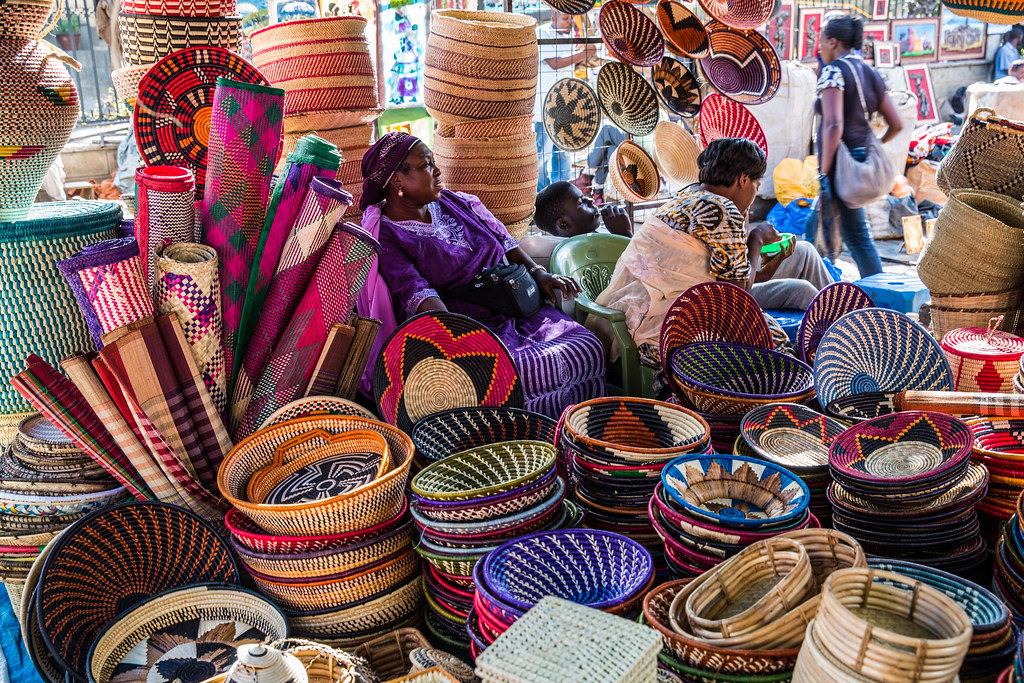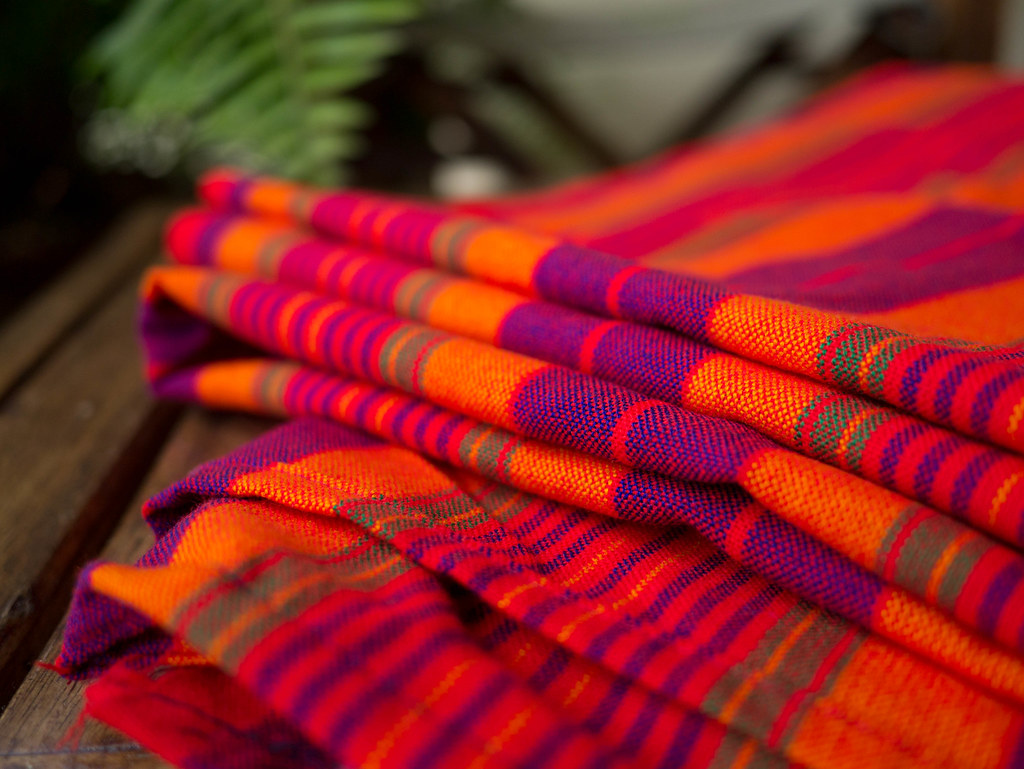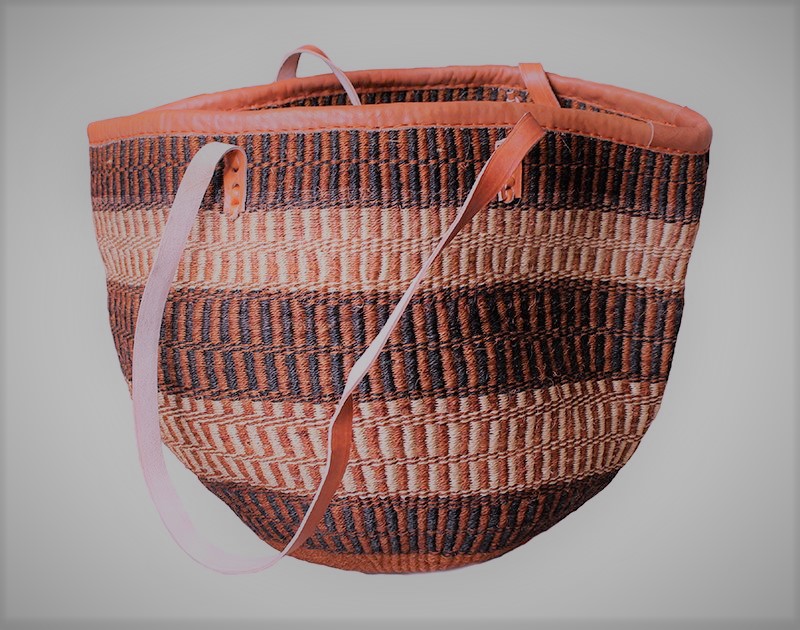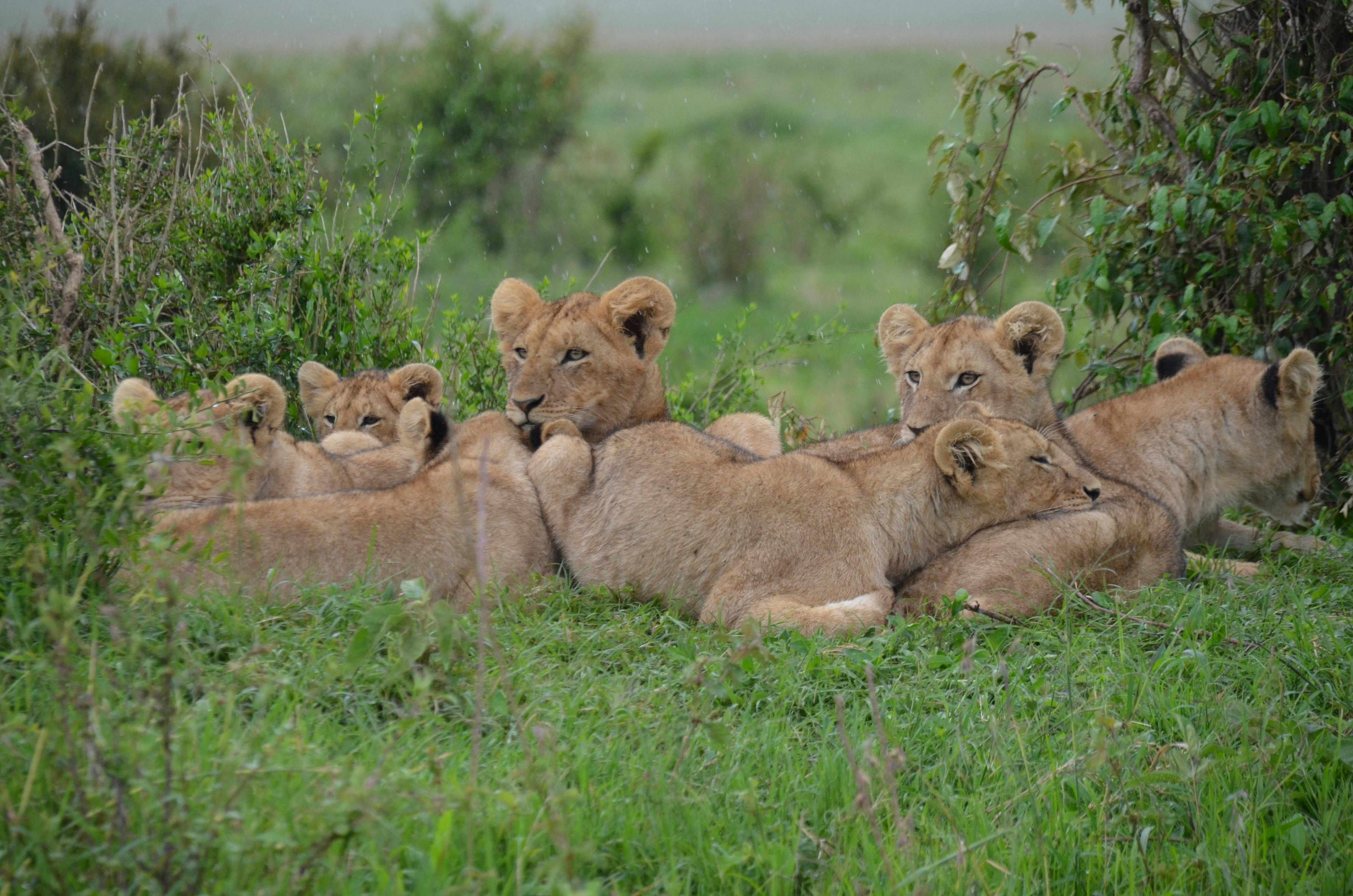Maasai Market: A Celebration of Culture, Craft and Community

The Maasai Market is a vibrant, open-air showcase of Kenyan culture and craftsmanship. It is also known as a ‘moving market’ because it travels across Nairobi. This market offers locals and tourists a chance to buy authentic, handmade artifacts directly from artisans, which is perfect for personal use or as thoughtful gifts for loved ones.
Kenya’s Maasai Market
The name of the market comes from the Maasai tribe, and they are one of Africa’s most iconic and visually striking ethnic groups, known for their colourful dress, semi-nomadic lifestyle, and deep-rooted traditions. Primarily found in southern Kenya and northern Tanzania, they are part of the Nilotic ethnic group and speak the Maa language.
The artefacts found at the Maasai Market are handcrafted by members of the tribe using naturally sourced materials. These raw materials are first taken to workshops, where they are skilfully transformed into finished products before being brought to the market for sale.
Types of Maasai artefacts
The Maasai Shuka
 The iconic Shuka is a thick, checkered cotton cloth, and it is not just practical attire but also a cultural emblem of strength, bravery, and unity. While red is the most traditional colour (believed to repel wild animals), Shukas are also available in blue, black, and striped patterns. Durable and versatile, they are worn as cloaks, used as blankets, or displayed as wall hangings. When you buy a shuka directly from Maasai vendors, you support the community and will also let you take home a piece of living tradition.
The iconic Shuka is a thick, checkered cotton cloth, and it is not just practical attire but also a cultural emblem of strength, bravery, and unity. While red is the most traditional colour (believed to repel wild animals), Shukas are also available in blue, black, and striped patterns. Durable and versatile, they are worn as cloaks, used as blankets, or displayed as wall hangings. When you buy a shuka directly from Maasai vendors, you support the community and will also let you take home a piece of living tradition.
The Kiondo
 The Kiondo is a handwoven basket that you can use as a tote bag, and it is traditionally made by Kikuyu and Kamba women. Using eco-friendly fibres like sisal and bark, these baskets are then dyed with natural colours and reflect a deep cultural heritage. Every Kiondo tells a story, passed down through generations and empowering women artisans.
The Kiondo is a handwoven basket that you can use as a tote bag, and it is traditionally made by Kikuyu and Kamba women. Using eco-friendly fibres like sisal and bark, these baskets are then dyed with natural colours and reflect a deep cultural heritage. Every Kiondo tells a story, passed down through generations and empowering women artisans.
Maasai Jewellery
 Maasai jewellery is famous for its vibrant colors, intricate beadwork, and deep cultural significance. They are handcrafted primarily by Maasai women, and each jewellery piece, be it earrings, necklaces, or bracelets, features bold bead patterns that symbolise age, marital status, and social standing. Using materials like glass beads, wire, leather, and sometimes Kitenge, which is a traditional African fabric, the artisans skilfully blend tradition with modern aesthetics.
Maasai jewellery is famous for its vibrant colors, intricate beadwork, and deep cultural significance. They are handcrafted primarily by Maasai women, and each jewellery piece, be it earrings, necklaces, or bracelets, features bold bead patterns that symbolise age, marital status, and social standing. Using materials like glass beads, wire, leather, and sometimes Kitenge, which is a traditional African fabric, the artisans skilfully blend tradition with modern aesthetics.
Besides these, you will also find traditional Maasai sandals, artworks like wall hangings and wood-carvings and many more items that represent the authenticity and creativity of the Maasai members. You will be spoilt for choice so as to what item to take back home as a souvenir that will bring you fond memories of your Kenya trip!
Weekly Locations and Timing of the Maasai Market
The market operates from 8 AM to 6 PM, but is closed on Mondays. Each day, it moves to a new location. On Tuesdays, it sets up at Westgate Mall in Westlands, followed by Capital Centre on Mombasa Road on Wednesdays. On Thursdays you will find the market at Nakumatt Junction Mall on Ngong Road, while on Fridays it will move to the Village Market in Gigiri. Saturdays tend to be busy when it is held at the High Court parking lot, and on Sundays, the market moves to Yaya Centre in Hurlingham.
Tips for shopping within the Maasai Market
If you are traveling on a budget, consider buying artefacts directly from towns like Nanyuki or Kisii, where prices are often more affordable than at the Nairobi markets. When shopping, negotiate respectfully because it is through this trade that artisans make their living, so try and avoid offering unrealistically low prices.
It is also recommended to use local currency because it can get you potentially better deals. In addition to this, try to avoid crowded market days while staying alert to pickpockets. To ensure a smoother experience, avoid wearing flashy jewellery and consider shopping with a local guide or friend.
Take your time to explore the entire market instead of settling on the first vendor, as each stall offers something unique and memorable and thereby the Maasai Market should be on your itinerary.



